From sending less waste to landfill to making all plastic bottles recyclable, we take a look at each of Coca-Cola’s subsidiaries' environmental policies
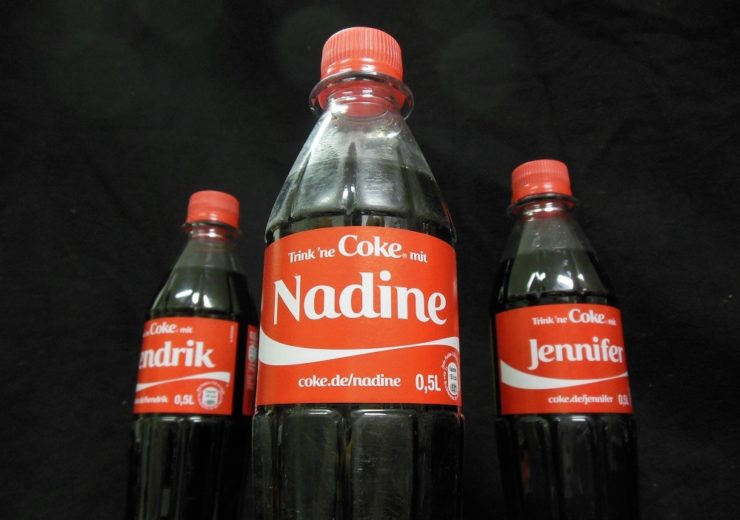
(Wikimedia)
The Coca-Cola Company recorded sales of $33.7bn (£25.8bn) in 2018 and currently has a market value of $179.3bn (£137.4bn) – but the impact the beverage giant and its subsidiaries have on the environment is huge too.
According to figures released by the company in 2019 as part of the Ellen MacArthur Foundation’s New Plastics Economy initiative, the firm used three million tonnes of plastic packaging last year.
In January 2018, to try and curb its environmental impact, the business set out a global commitment to collect and recycle as many bottles and cans as it sells each year by 2030.
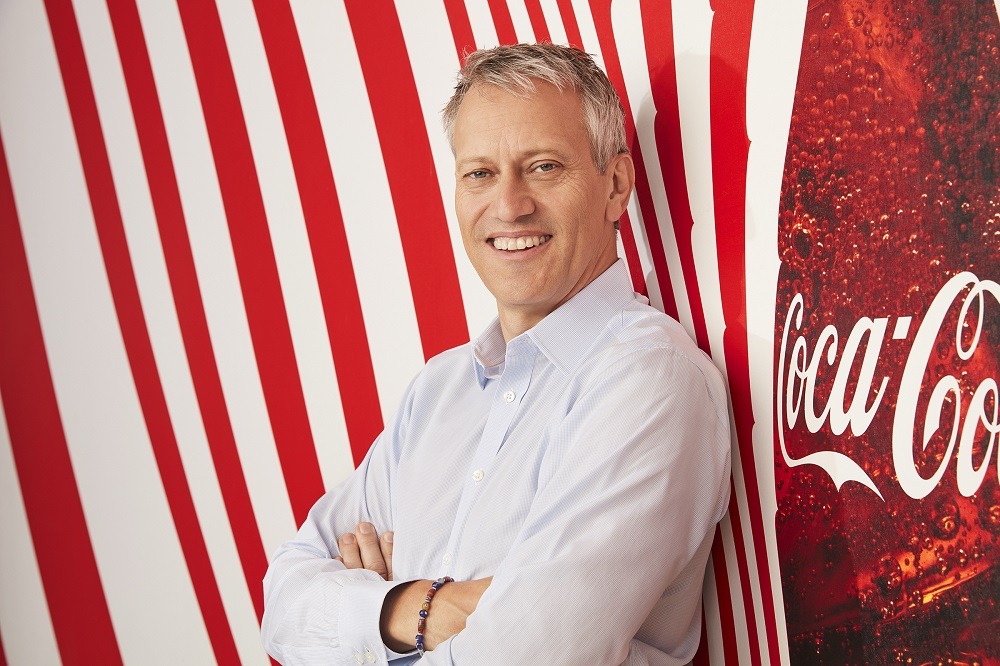
Speaking at the time, the company’s CEO James Quincey said: “Consumers around the world care about our planet.
“They want and expect companies like ours to be leaders and help make a litter-free world possible.
“Through our ‘World Without Waste’ vision, we are investing in our planet and in our packaging to help make the world’s packaging problem a thing of the past.”
Alongside Coca-Cola’s overall commitment to reduce its environmental impact, the firm’s brands across the world have set themselves individual targets – with most deadlines by 2025.
Coca-Cola recycling and environmental policies
Coca-Cola FEMSA
Beginning life as a developer in clear glass bottles in 1890, FEMSA became a part of The Coca-Cola Company in 1993, forming Coca-Cola FEMSA.
The business is currently the largest bottler of Coca-Cola products in world, operating in Mexico, Brazil Colombia, Argentina, the Philippines, Venezuela, Nicaragua, Costa Rica, Guatemala and Panama.
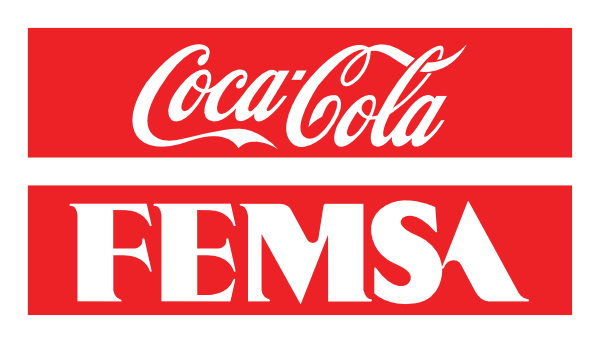
The Coca-Cola Company owns 27% of Coca-Cola FEMSA, making it its second largest shareholder after FEMSA, and in 2018 the subsidiary recorded a total revenue of $9.2bn (£7.3bn).
In the same year, the division made 21% of the PET plastic in its packaging from either recycled or renewable sources, and all the water it used to make its drinks in Brazil, Central America, Colombia and Mexico was returned to the environment.
In its 2018 report, the company says it will continue to focus on comprehensive and responsible waste management, increase the use of recycled materials in its packaging, and participate in schemes and models that support post-consumption collection and recycling.
Coca-Cola Hellenic Bottling Company (HBC) AG
Coca-Cola HBC AG was founded in 2000 after the Hellenic Bottling Company SA acquired Coca-Cola Beverages limited.
The business – which recorded a revenue of €6.6bn (£5.7bn) – operates in Greece, Ireland, Eastern Europe, Russia and Nigeria.
The Coca-Cola Company owns a 23.2% stake in the firm.
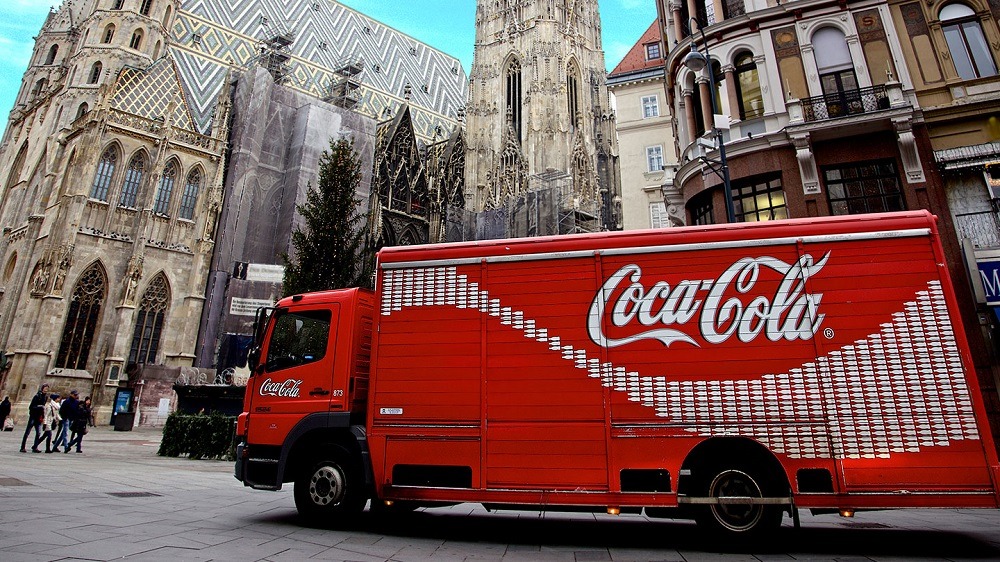
Coca-Cola’s Switzerland-based brand has outlined a set of sustainability targets it wants to hit by 2020, which include using 25% less packaging per litre of beverage it produced, and to have on average 40% of its total packaging recovered for recycling.
In 2017, the company gave an update on its progress towards hitting these targets, stating it had either achieved or was on course to achieving most of its aims.
Coca-Cola Beverages Africa
Coca-Cola Beverages Africa was founded in 2014 when The Coca-Cola Company and Woking-based drinks producer SABMiller agreed to combine their operations with Coca-Cola Sabco, which was owned by Gutsche Family Investments.
It is the number one bottling company on the continent and the eighth largest globally by revenue – The Coca-Cola Company owns a 68.3% stake in the business.
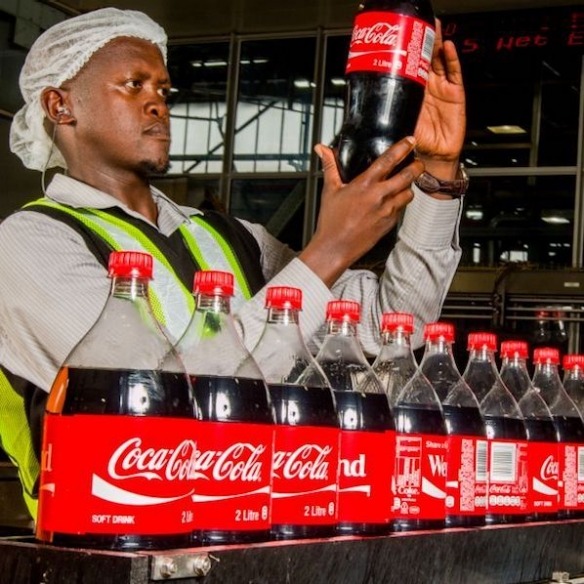
As part of its sustainability commitments, the firm aims to reduce the rate of waste to landfill to 10%, although it hasn’t stated a deadline.
In South Africa, the company reduced the weight of the Coca-Cola bottles sold in the country, but also increased the amount of recycled PET in its plastic bottles.
Coca-Cola İçecek
Coca-Cola İçecek first started trading in Istanbul in 1964 under the name İMSA, but is now known by its current name, which it adopted in in 2002.
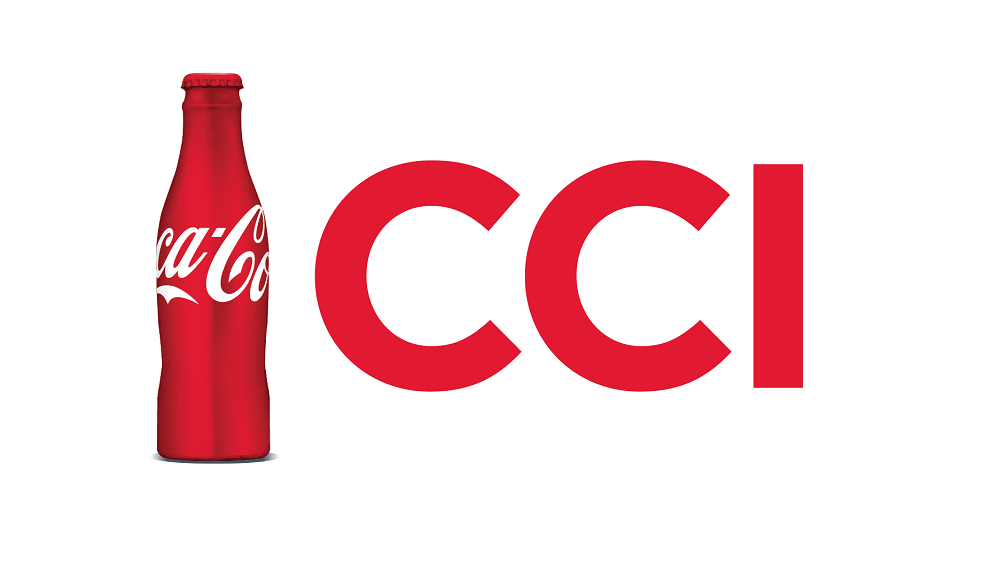
The majority shareholder of the company is Turkish-based beverage business Efes Beverage Group, with the second largest shareholder being The Coca-Cola Company.
The firm is a bottler of Coca-Cola in most of northern Asia and Turkey, and recorded a revenue of 10.62bn Turkish Lira (£1.4bn) in 2018.
In December 2017, the company became a part of ECPI, a rating and index company dedicated to environmental, social and governance performance research.
Alongside this membership, Coca-Cola İçecek is also committed to working with various stakeholders to establish an environmentally-friendly and economically-sustainable infrastructure for post-consumer packaging recovery and recycling.
Coca-Cola European Partners
Coca-Cola European Partners was founded in 2016 as part of a merger with Coca-Cola Enterprises, Coca-Cola Iberian Partners and Coca-Cola Erfrischungsgetränke.
The company is the world’s largest independent Coca-Cola bottler, and recorded a revenue of €11.5bn (£9.9bn) in 2018.

In 2017, Coca-Cola European Partners set out an action plan called This is Forward, in which the firm set out commitments to make itself more environmentally-friendly.
By 2025, the company aims to make 100% of its packaging from recyclable or reusable.
By the same year, it wants to make sure that all its packaging is collected across Western Europe and that 50% of material used in its PET bottles comes from recycled material.
Coca-Cola European Partners’ CEO Damian Gammell said at the time: “We have listened carefully to our stakeholders’ customers, employees and consumers and our joint sustainability action plan is our commitment to delivering the change they want to see.
“It establishes how we hold ourselves accountable to each other and outside the world and how we create an environment people want to work in and where they believe in what we are doing.”
Coca-Cola Amatil
Coca-Cola Amatil began life as the British Tobacco Company in 1904, before it was renamed as the Allied Manufacturing and Trade Industries Limited in 1977, or AMATIL Limited.
AMATIL began selling Coca-Cola in the late 1970s, before becoming Coca-Cola Amatil in 1989.
At this time, The Coca Cola Company became the firm’s majority shareholder, with the company recording a trading revenue of 47.5bn AUD (£26.2bn) in 2018.
In March 2019, one of the company’s franchises, spring water distributor Mount Franklin, announced that 100% of its still water products measuring up to 600ml were made up of recycled plastics.
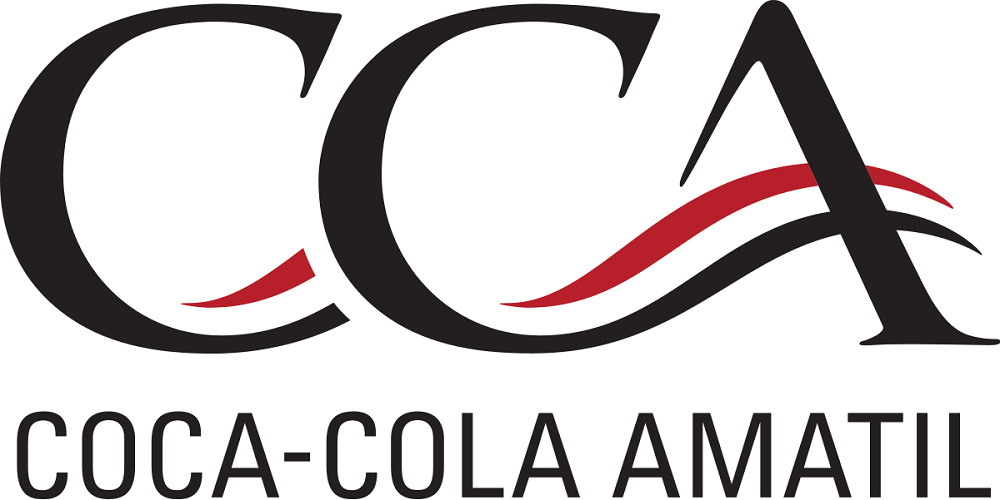
Gaelle Boutellier, Coca-Cola Amatil’s director of strategy and marketing, said at the time: “Like every good Australian, Mount Franklin is very aware that plastic is an issue for the environment and one that the brand has a responsibility to tackle.
“We’re proud to say our Mount Franklin still 350ml, 400ml, 500ml and 600ml bottles are now made from 100% recycled plastic, with a goal to move more of the portfolio to 100% recycled plastic in the future.
“Mount Franklin bottles are also 100 per cent recyclable.
“We’re calling on Aussies to keep recycling bottles and cans, so they can be reused again and again.”
A month after this, Coca-Cola Amatil announced that it will use 70% recycled plastic across its entire franchise of bottles that are 600ml and under.
